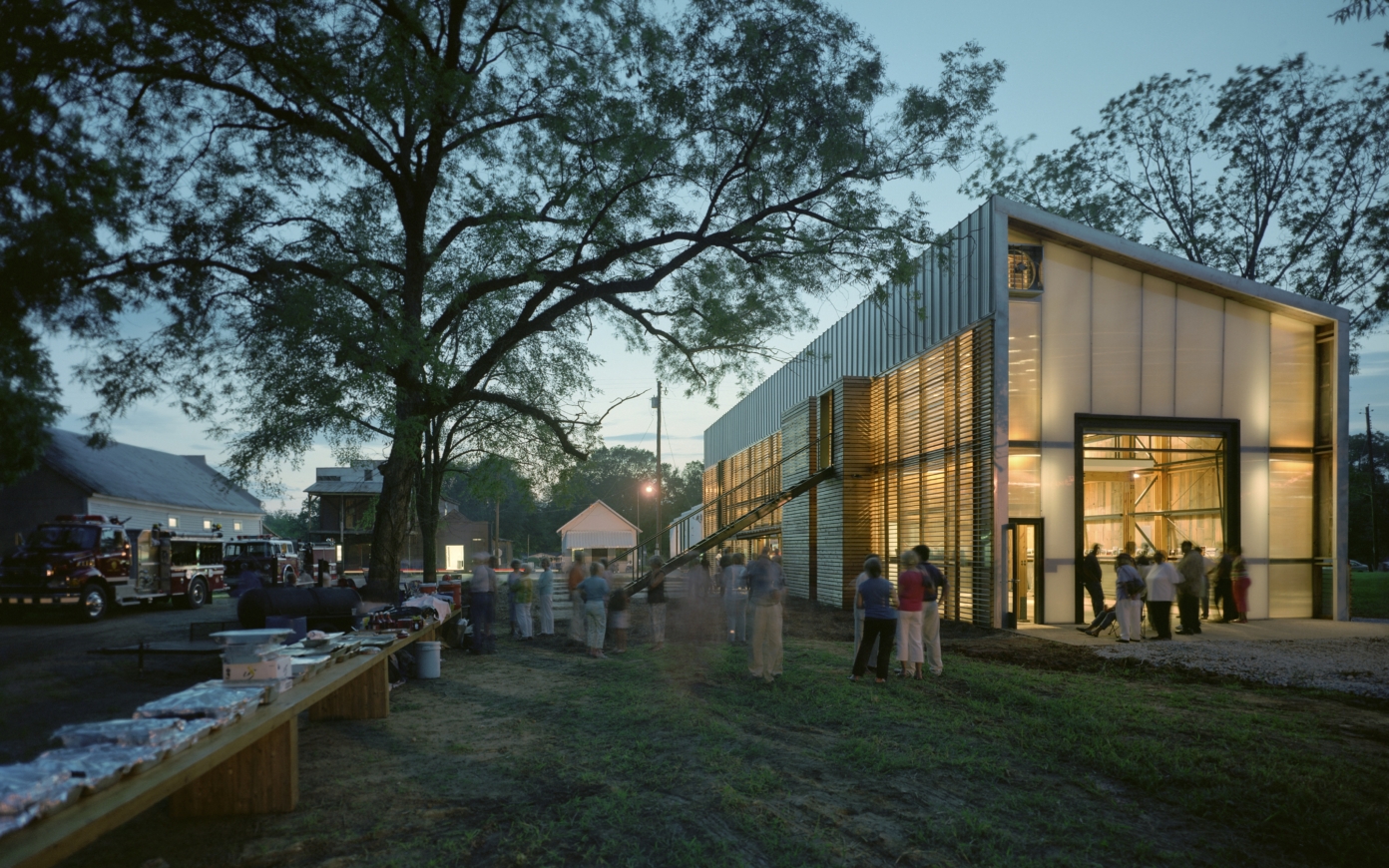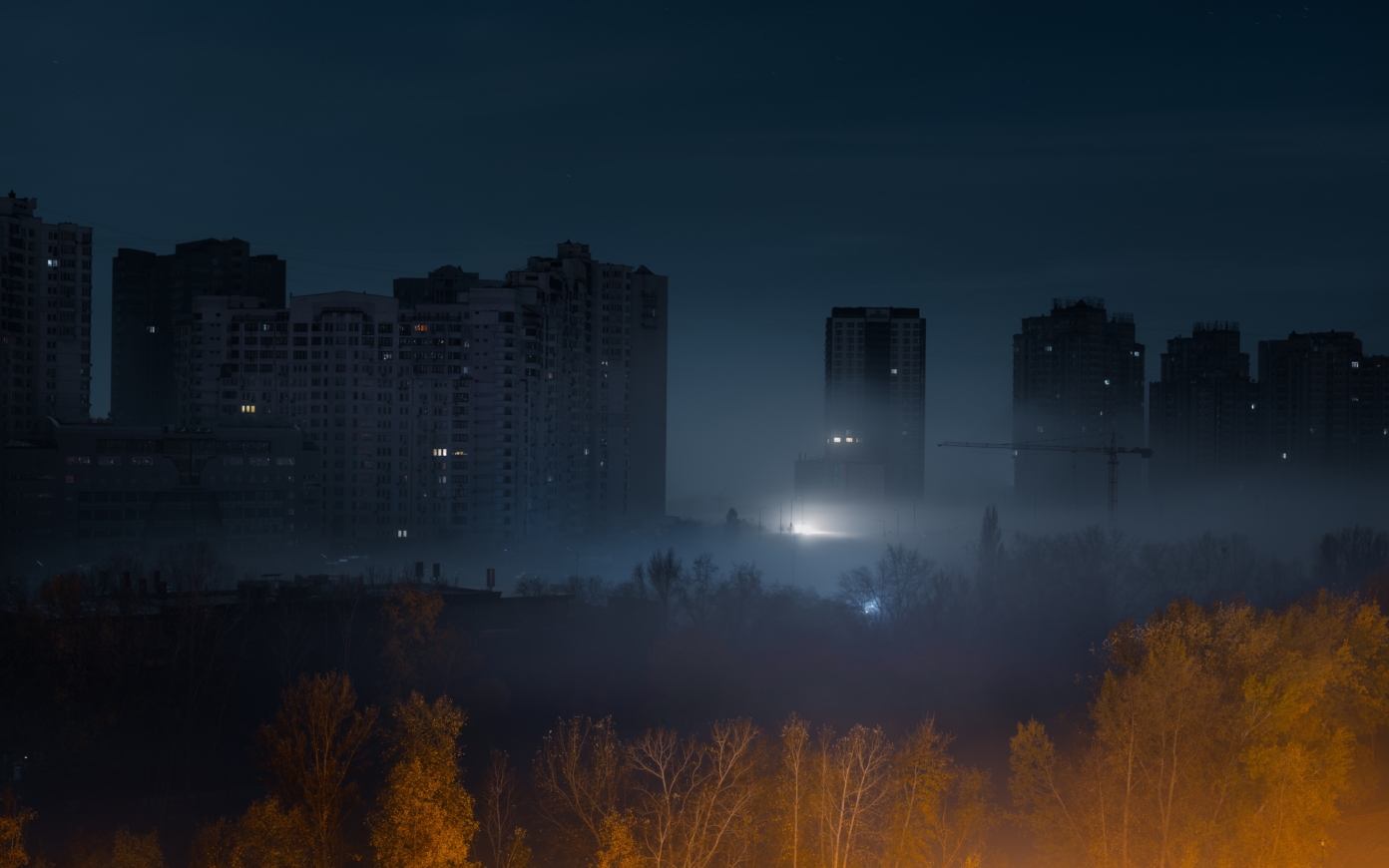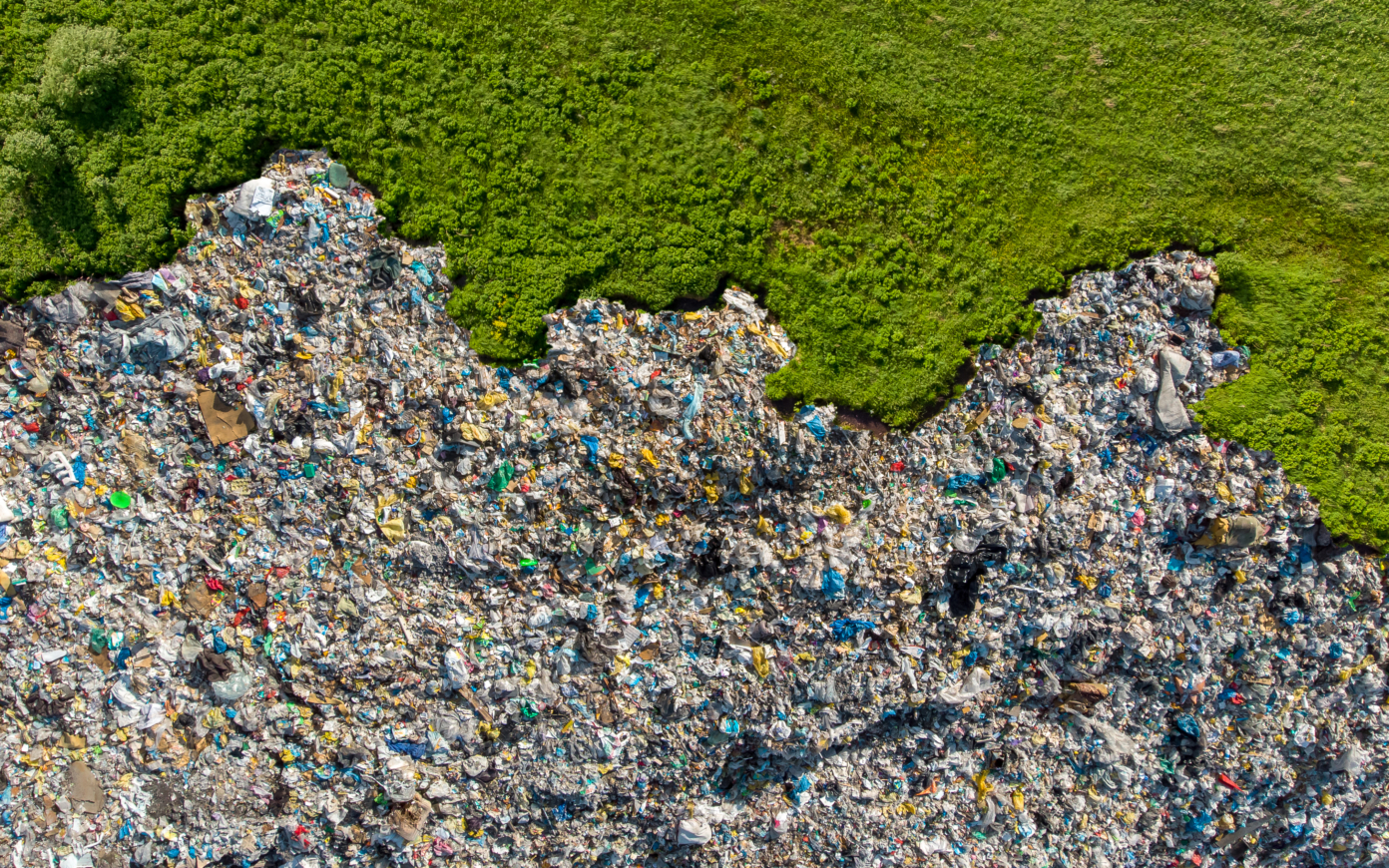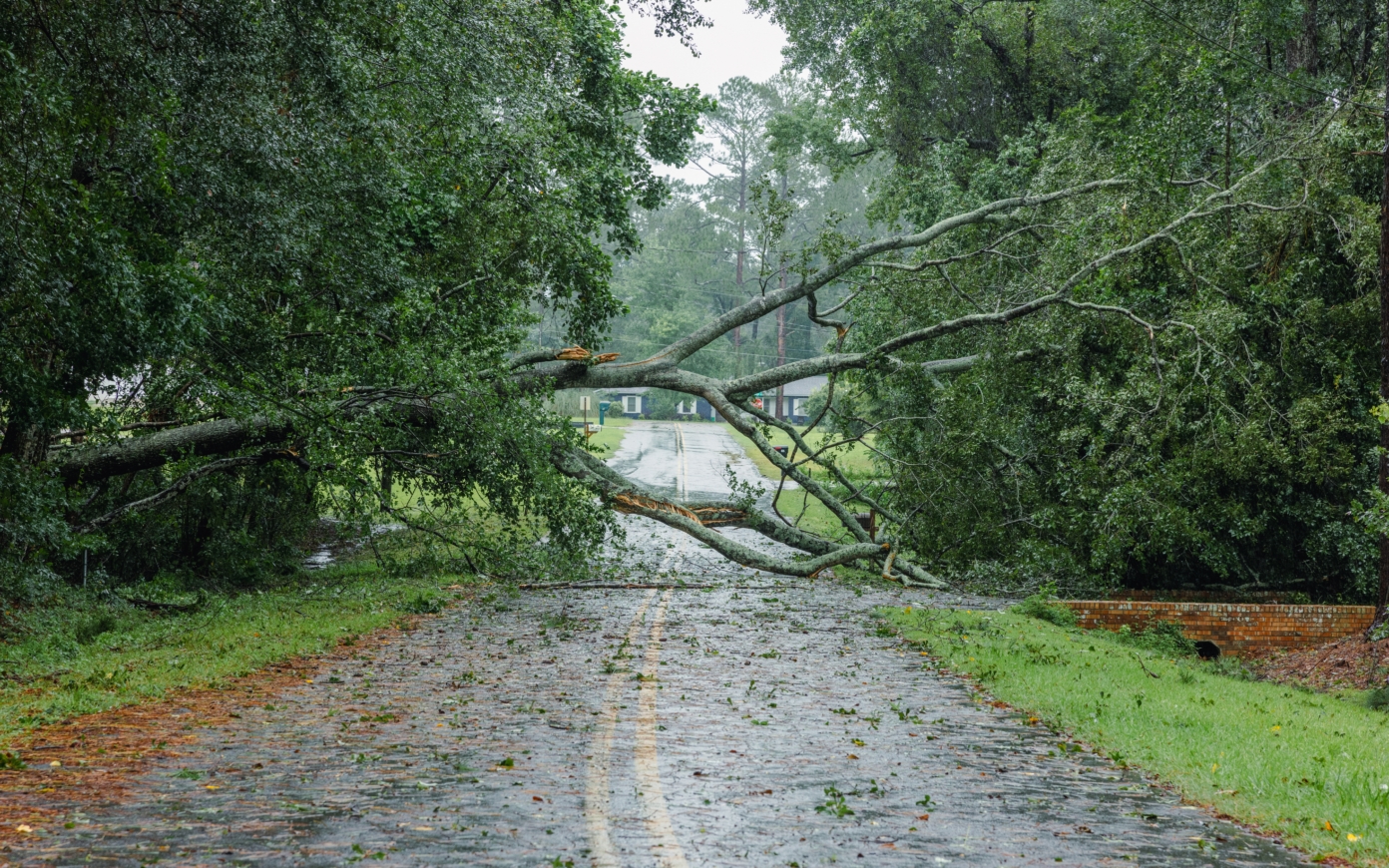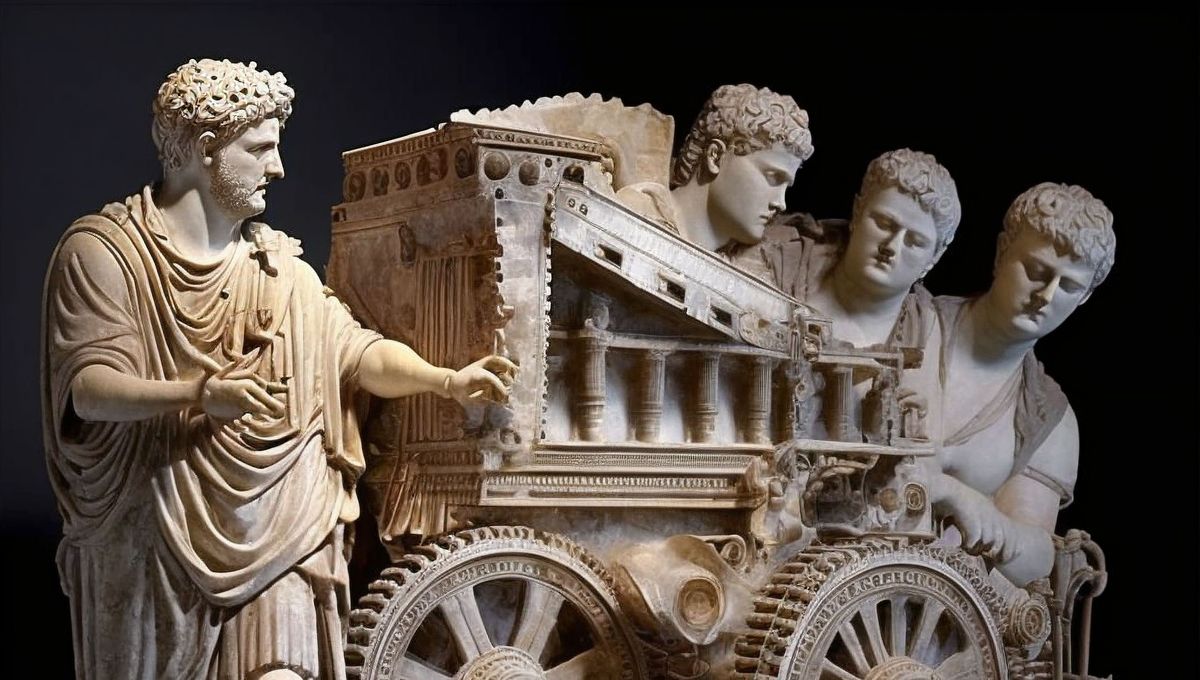Reinventing Ways of Learning

- Publish On 7 October 2021
- François Taddei
The complexity of today’s global challenges entails new ways of understanding the world and acting upon it. Trained as a geneticist, François Taddei showcases the way in which the Centre for Research and Interdisciplinarity (CRI), which he co-founded, provides an adaptable middle ground between activism and institutions, to reinvent new ways of learning, conducting research, and mobilizing collectives in order to take care of themselves, each other, and the planet. Basing their minimum disciplinary curriculum around the three major fields of biological, artificial, and human intelligence, as well as their co-evolutions, CRI calls for a multidisciplinary methodology based on the experience of doing. The fundamentals of the teaching of the future are largely the same as those underlying our overall survival, such as awareness of planetary limits and the development of collective intelligence.
Soon available in open access.

